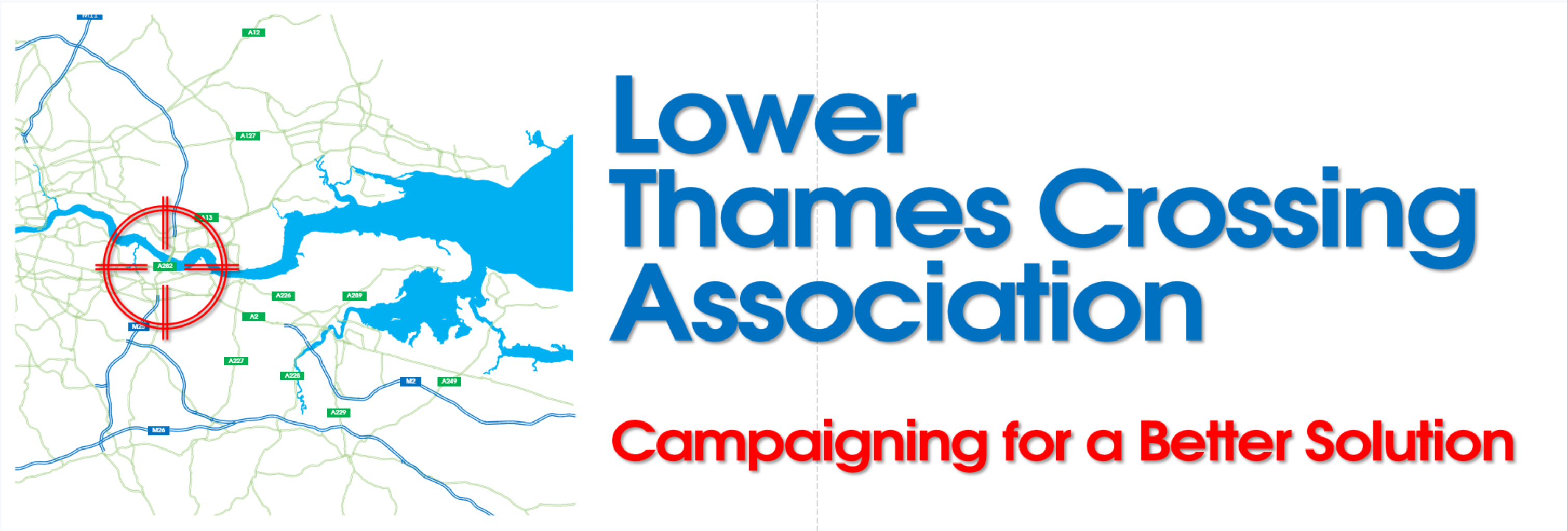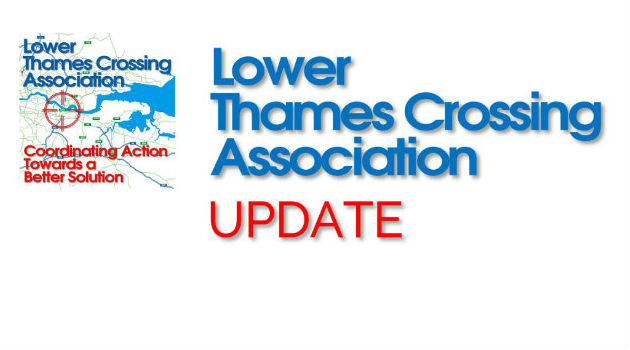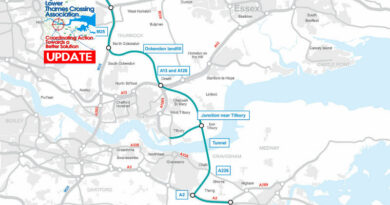Former LTCA Chair urges pause and independent review
A former Chair of the Lower Thames Crossing Association has today written to the Chancellor of the Exchequer and the Minister for Transport urging a pause to the Lower Thames Crossing project and an urgent independent review before further public funds are committed.
The letter in full reads:
Dear Secretary of State / Chancellor,
Re: The Lower Thames Crossing — Poor Value, Operational Risk and Regional Inequity
I write to urge a pause and independent review of the Lower Thames Crossing (LTC) before further public funds are committed. On its own merits, the scheme represents poor value for taxpayers’ money, will not resolve congestion at Dartford as promised, and does little to support the parts of Kent most in need of economic growth.
The business case rests on speculative projections of “transformational” growth that are rarely realised from road-building alone. The underlying cost–benefit ratio remains below 1.0, meaning the project returns less than £1 of benefit for every £1 spent.
Equally concerning, the current design provides no direct relief to the Dartford Crossing. In the event of incidents — which are inevitable given the lack of intervention there — traffic from the entire M25 could be forced to divert via the A2 and other smaller trunk roads, bringing gridlock to North Kent.
Furthermore, the scheme does not serve the county’s most deprived communities. It bypasses rather than connects them, undermining the very principle of “levelling up” that underpins its justification.
More effective and less damaging alternatives, including a long-tunnel solution closer to the existing M25 corridor, were dismissed early in the process. I therefore ask that you commission an independent, merits-only review to reassess the value, resilience, and fairness of the chosen route before proceeding further.
This Government has pledged to restore fiscal responsibility and rebuild trust in public spending. Allowing the Lower Thames Crossing to proceed without a sound economic foundation would cut directly across that message. For a Labour government that inherited a fragile economy, this could become the first major test of whether “value for money” is truly more than a slogan.
The Treasury will ultimately carry the political and fiscal legacy of this decision. A short, independent merits-only review now would be a modest investment to prevent a major embarrassment later.
Yours sincerely,
Mr Robin Bull
Addendum: Supporting Observations
Economic Value and Fiscal Responsibility
The LTC’s initial Benefit–Cost Ratio (BCR) is reported at under 1. This means it fails the basic Treasury test for viability without speculative “wider economic benefits”. Such assumptions are historically unreliable and place undue risk on taxpayers.
Operational Resilience and National Risk
Option C’s indirect link to the M25 leaves no true redundancy in the national orbital network. A single serious incident at Dartford would divert motorway traffic onto the A2/M2 corridor and local trunk roads, affecting communities never designed to carry that volume.
Uneven Distribution of Benefits
The LTC will not materially serve the most deprived parts of Kent, including areas where improved connectivity is genuinely needed. The claimed economic uplift cannot be reconciled with the route’s geography.
Discounted Alternatives
Earlier route options — particularly the “A14 long-tunnel” concept — would have delivered direct Dartford relief with lower environmental impact and greater operational efficiency. The rationale for dismissing these alternatives appears inadequately evidenced.
Recommendation
A short, independent merits-only review should be commissioned to evaluate:
- Scheme-only value for money (excluding speculative growth multipliers).
- Operational resilience of the current design.
- Equity of regional benefit distribution.
- Environmental and community impacts.
Full evidence base:
https://ltca.org.uk/lower-thames-crossing-ltc-options-comparison-merits-only/



